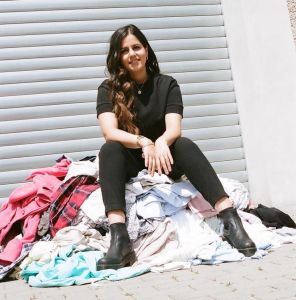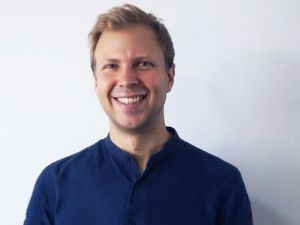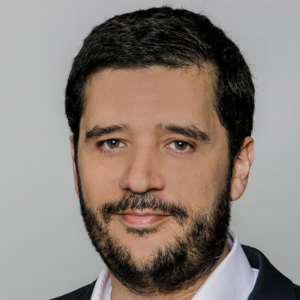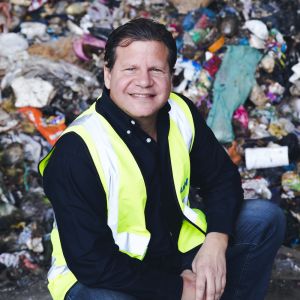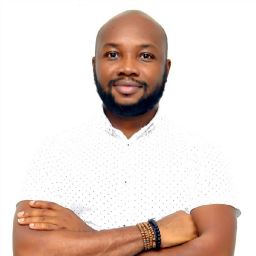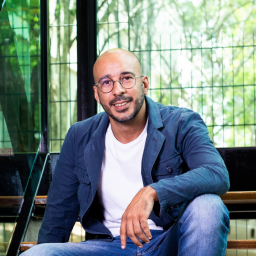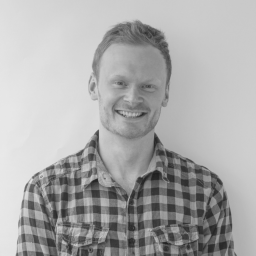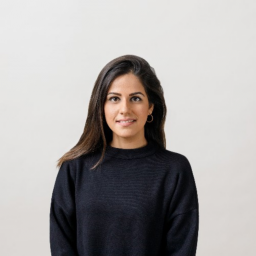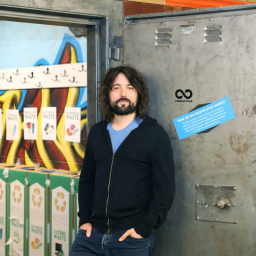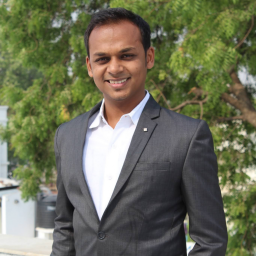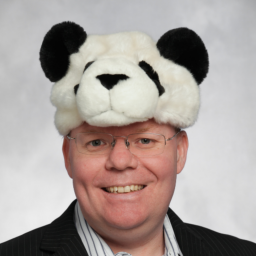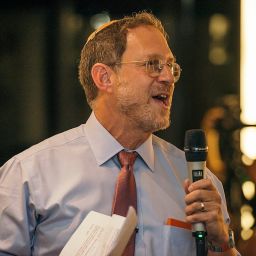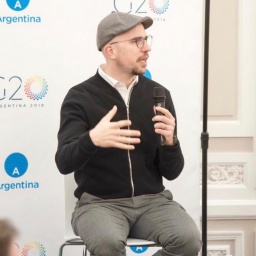Meaningful Business (MB:) Please tell us a bit about your background.
Sahar Mansoor (SM): I am the Founder and CEO at Bare Necessities — a social enterprise for zero-waste living in India. We produce zero waste personal, lifestyle and home-care products, in addition to curating educational online courses. I currently have a 500g jar of all the trash I’ve produced in 5 years!
I am a circular economy nerd, a voracious learner and a curious traveler. I have studied in India, Los Angeles and Cambridge, and volunteered in Guatemala, Jamaica and Democratic Republic of Congo on various humanitarian projects. I am a University of Cambridge alumna with a background in environmental policy. In the past, I have worked at the World Health Organisation in Geneva and SELCO Foundation on implementing decentralised renewable energy projects in rural Karnataka.
For my work in changing the narrative on waste in India, I have been recognised by Global Green Economic Forum, Google India, Al Jazeera Stream, NDTV, Vogue India, Elle India, Verve, Femina, India Today magazines among others.
MB: What led you to start Bare Necessities?
SM: When I came back to India after my studies, I felt overwhelmed with India’s trash problem. I was confronted by it every day. I saw piles of garbage on the streets and spent time with local waste pickers, watching them sort through waste with their bare hands. I started to think of the environmental, health and social justices issues associated with our garbage problem.
I wanted to stop being part of the problem, so knew I had to address my own trash problem first. My solution was to live a lifestyle that best reflects the values I cared about. I had called myself an environmentalist for about six years at the time. I decided I needed to live a life fully congruent to my environmental and social justice values. I needed to walk the talk and I knew I had to start living a zero-waste lifestyle.
In my zero-waste journey, I realised that it was impossible to find personal care and home care products that didn’t contain harmful chemicals and weren’t packaged in plastic. In response to this problem, I wanted to create a company that mirrored the values of zero waste, ethical consumption and sustainability. I wanted to make it easy for other people looking to consume more mindfully and to encourage others to produce less waste. And Bare Necessities was born in 2016!
MB: What are the problem you are trying to solve?
SM: Using a people-centred and earth-centred approach, Bare Necessities produces everyday essential products that do not contribute to the waste epidemic. All of our products are natural, toxin free and packaged in recyclable, reusable and biodegradable packaging.
Relying on ethical sourcing from local farmers and vendors, and by emphasising the employment of women, Bare Necessities solves the often-ignored yet growing problem of waste, and provides ethical and innovative solutions that benefit consumers and society.
By producing zero-waste products, online sustainability courses, hosting educational workshops and conducting sustainability consulting services, Bare Necessities seeks to change the narrative on waste in India and demonstrate that any individual can positively impact their community, through inspiring others to reduce waste and think consciously about their impact on the world.
We aim to make zero waste the norm and not the exception!
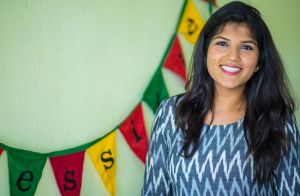 Sahar Mansoor, Founder & CEO, Bare Necessities
Sahar Mansoor, Founder & CEO, Bare Necessities
MB: What is your biggest challenge right now?
SM: Monetisation. The “Zero Waste in 30” or “Sustainability in 30” online courses, the talks and workshops we conduct, and even the price of our zero-waste products such as bamboo toothbrushes have faced a lot of criticism.
However, I try to be transparent and break it down for the people who may only be looking at short-term implications and pricing rather than the big picture. For instance, we also conduct many free educational workshops for government schools, online webinars and so on. Additionally, we highlight what we, as a humble social enterprise, are doing to support livelihoods, whether through ethically sourcing certain raw materials or ensuring that our supply chain supports local farmers.
We also strive to provide opportunities for women from underserved socioeconomic backgrounds and invest in upskilling them to show the extent of their potential. It’s all about the triple bottom line: balancing the environmental, social and economic objectives, so they are all congruent with each other!
MB: What is your vision for the future of your business?
SM: In the future, I’d like for Bare Necessities to become an interdisciplinary hub. A home for product designers to design products with a cradle to cradle philosophy and a place for policy analysts to work with local governments on policy recommendations to manage our waste better and reduce our waste. A place for behaviour economists, ecologists, researchers and consumers alike to build the ecosystem towards a circular economy.
MB: What is your advice to other leaders who want to combine profit and purpose?
SM: In order to build a successful business that holds meaning and value, it helps to keep these things in mind; build resilience, accept that change doesn’t happen overnight, and ask for help – you most likely will get it! (Don’t be afraid of reaching out for advice, for support, for mentorship or even financial support!)
________
Quickfire Questions
MB – What’s the best piece of advice you ever received?
SM – There’s this old Chinese proverb that never fails to inspire me, “The best time was 20 years ago. The second best time is now.”
MB – Who inspires you?
SM – My mother, who is my role model and pillar of strength.
MB – How do you define success?
SM – Investing in social capital has been one of my biggest lessons, not the kind you have on LinkedIn or Instagram, but investing in deep friendships. That’s what helps you sail through the rough tides!
MB – What is something you wish you were better at?
SM – Excel!
MB – What is the one book everyone should read?
DJ – “Happiness” by Richard Layard
“Bossy Pants” by Tina Fey
“The Kite Runner” by Khaled Hosseini
“Dreams from My Father” by Barack Obama
“Bare Necessities – how to lead a zero waste life” by Tim de Ridder & Sahar Mansoor (haha!)
MB – What do you do to relax?
DJ – Meditation, spending time with my family, writing in my gratitude journal, running in Cubbon Park, hiking with friends or playing football with my “Sisters in Sweat” community!
________
Discover the other MB100 leaders recognised for their work combining profit and purpose to help achieve the United Nations Sustainable Development Goals in 2020, here.


